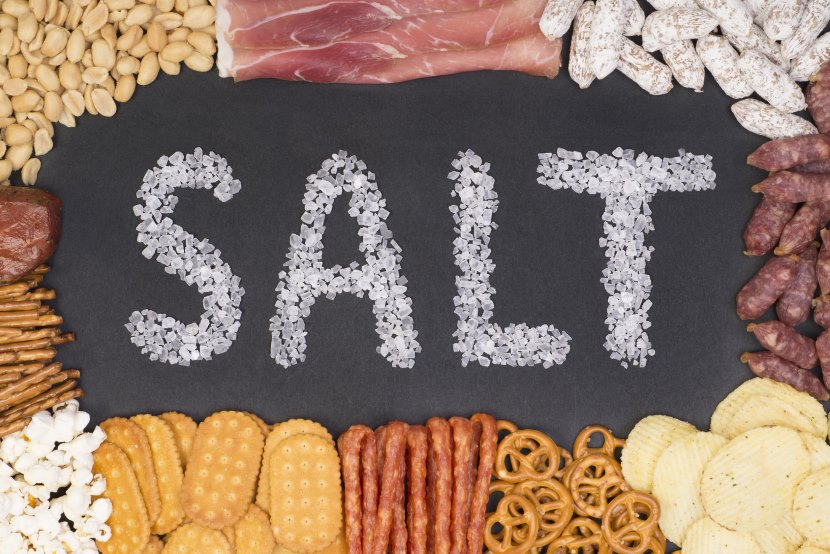
EBN- Excessive salt intake can lead to heart attacks, strokes, kidney disease, and dehydration. Even small amounts can cause dehydration, low blood pressure, and weak muscles. Current guidelines recommend consuming less than 2,300 mg daily.
Increased risk of death from heart failure
When your heart is unable to pump enough blood to meet your body’s oxygen and blood needs, it may fail. This is an extremely dangerous health issue, even though it doesn’t mean your heart stops functioning entirely.
Diets low in sodium are linked to a higher risk of death for heart failure patients.
Increases bad cholesterol levels
In addition to raising your risk of heart disease, eating insufficient amounts of salt can also raise your levels of triglycerides and “bad” LDL cholesterol. Research indicates that a low-sodium diet raises triglycerides by about 6% and “bad” LDL cholesterol by about 5%.
Increased insulin resistance
Increased insulin resistance, which happens when the body’s cells don’t react properly to insulin signals and raises insulin and blood sugar levels, is also linked to low-sodium diets. Type 2 diabetes and heart disease are among the many serious diseases for which insulin resistance is a significant risk factor.
Causes dizziness and nausea
Hyponatremia, a disorder in which the sodium level in your blood falls below normal, can result from cutting back on salt in your diet. Nausea, lightheadedness, and even fainting may result from this.
Weakens liver health
People who consume too little salt in their daily diet are at greater risk of liver disease, which can lead to serious conditions such as cirrhosis and ascites (fluid buildup in the abdomen). A low-sodium diet is recommended to help manage fluid retention and prevent complications.
Restricting salt can make food taste less palatable, leading to decreased appetite and calorie intake, which can exacerbate malnutrition, a common problem in liver disease.


